Operating the Hungarian state in the coming decades cannot be managed out of routine; it requires finesse, said Balazs Orban, Political Director to the Hungarian Prime Minister, at the diploma and doctoral conferment ceremony of the Faculty of Political Science and International Studies of the National University of Public Service (NKE) in Budapest on Friday.
In his welcome speech, Balazs Orban stated that "being a Hungarian official is an identity".
“This identity does not define what we know but what we consider worthy, worth protecting and worth passing on.”
Balazs Orban emphasized that it is important for those operating the state to anticipate “what kind of world is approaching". “If we do not understand the era we live in, if we do not prepare for it, it may happen that the current trials of the world will be too great for us,” he warned.
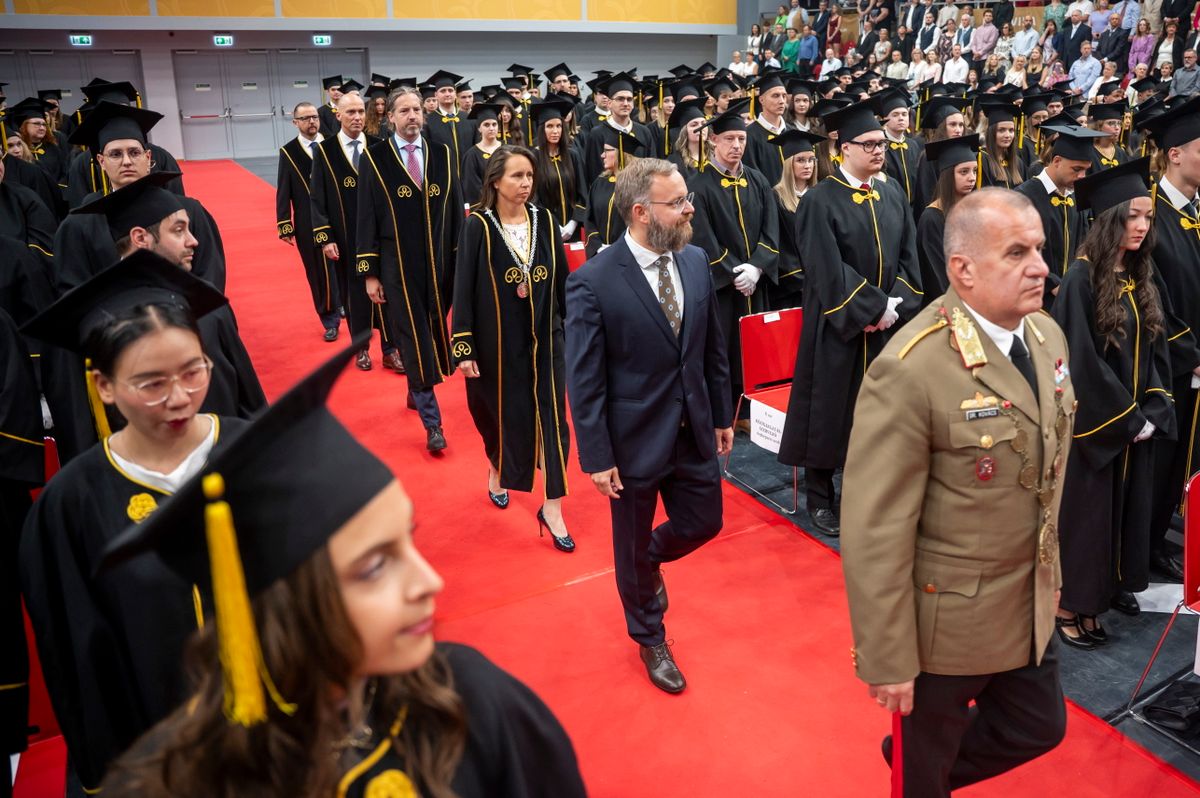
He noted that major changes are underway globally, describing it as a “redistribution,” with several visible signs. The world now spends 1.5 times more on armaments than it did twenty years ago, the number of armed conflicts are growing, trade restrictions have increased fivefold in ten years, and nearly 300 million people are now part of global migration processes, he listed as examples.
The response should not be fear or drifting along but rather sober, calm preparation,
the political director stated. He added that history is now “not only asking the questions but is also testing us, and those who stay out of the conflicts of a turbulent world will receive the highest marks.”
Balazs Orban emphasized that
running the state requires foresight, responsibility and moral integrity.
He stressed that Hungary’s peace, security and prosperity must be preserved even if a world war breaks out. He outlined five guiding principles to achieve this. The first is be predictable, but not vulnerable.
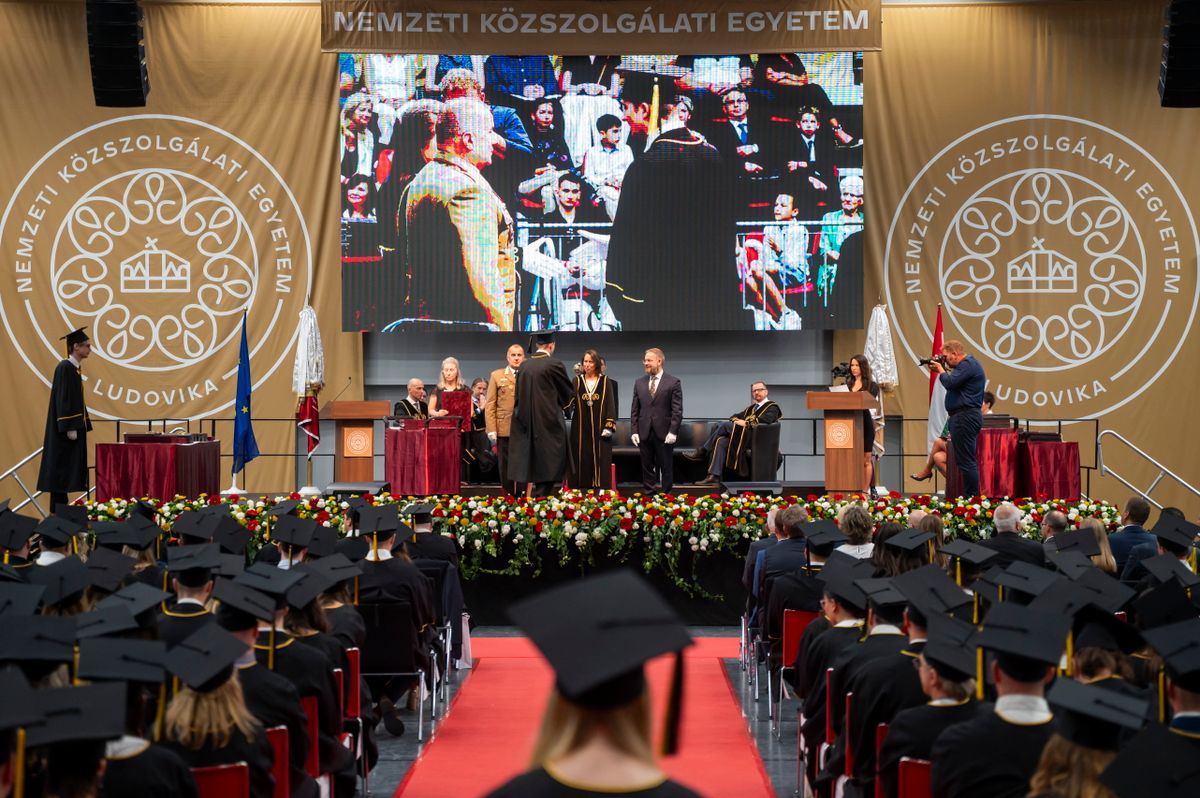
Foreign relations should be driven by realism and national interest, he added. The second is have strength, but not directed against others—rather, for self-defense.
The third principle is prepare for every crisis,
the political director said. He also emphasized investing in knowledge and people as the fourth principle, since the greatest resource is the community. In this context, he noted that Hungary spends the most as a share of GDP on higher education and family support in the EU. As the fifth principle, Balazs Orban said, build a long-term, intergenerational strategy for the country.
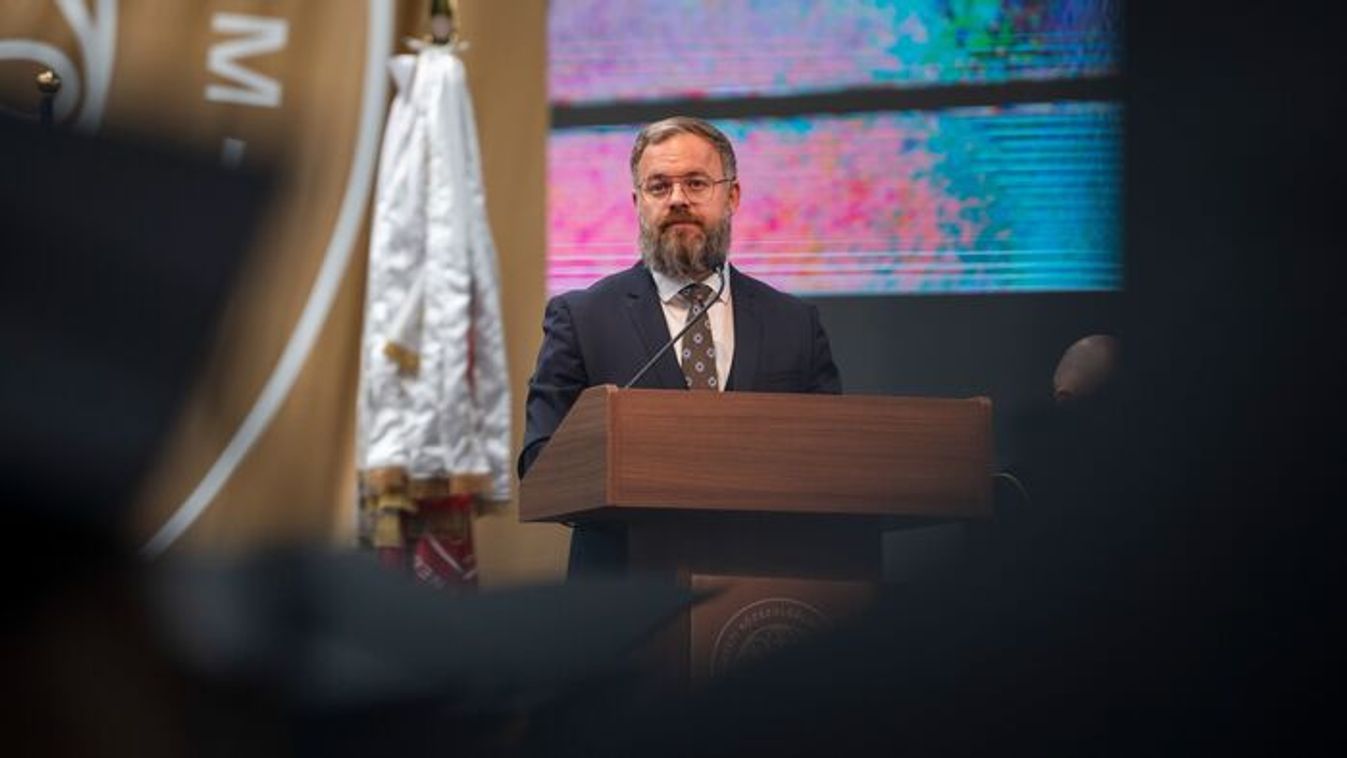
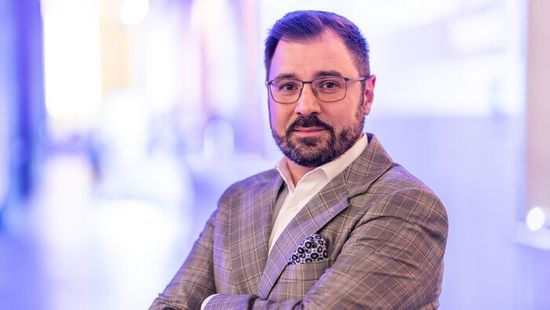
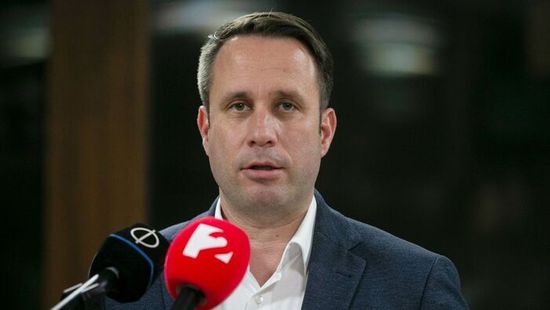
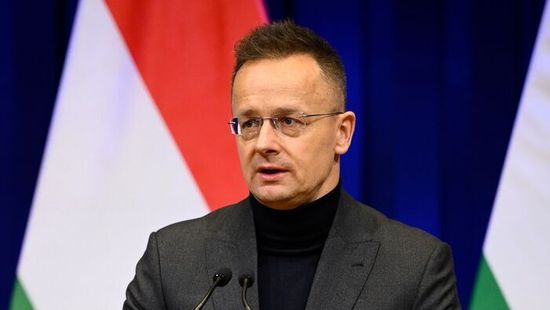



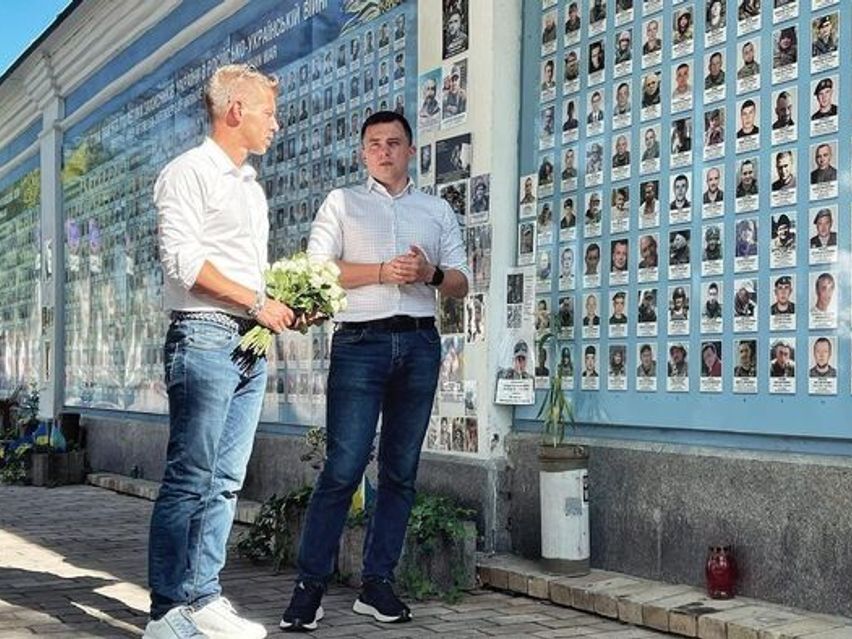
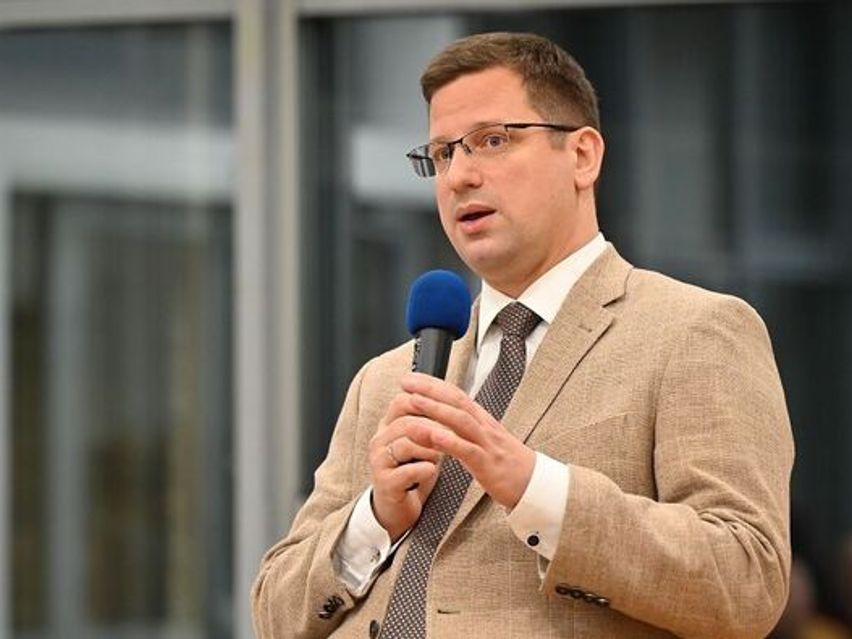


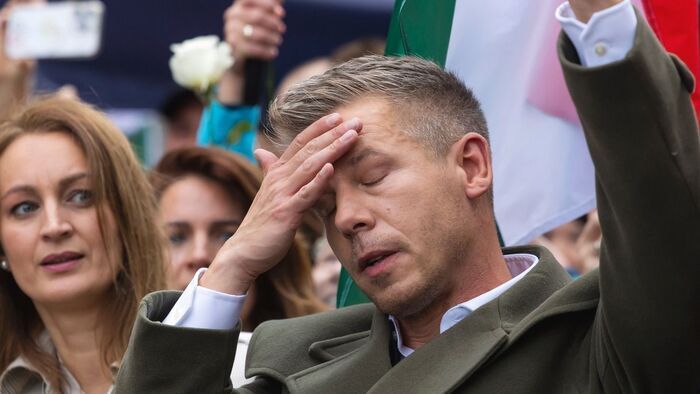


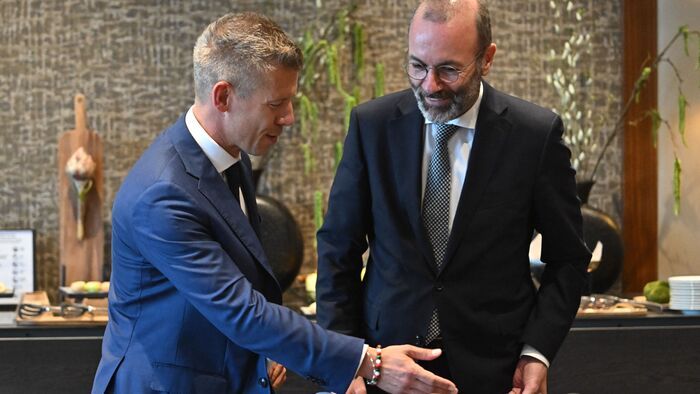
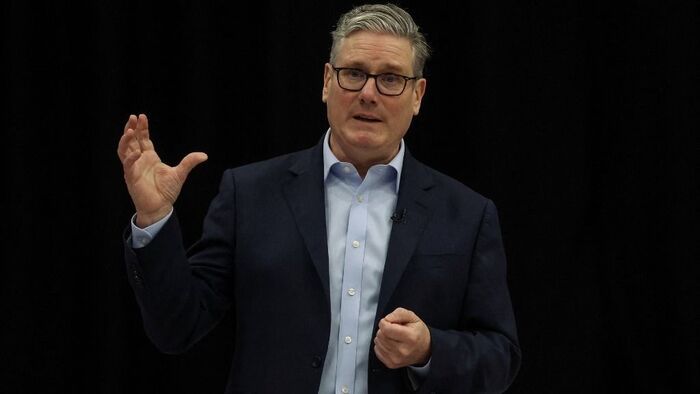
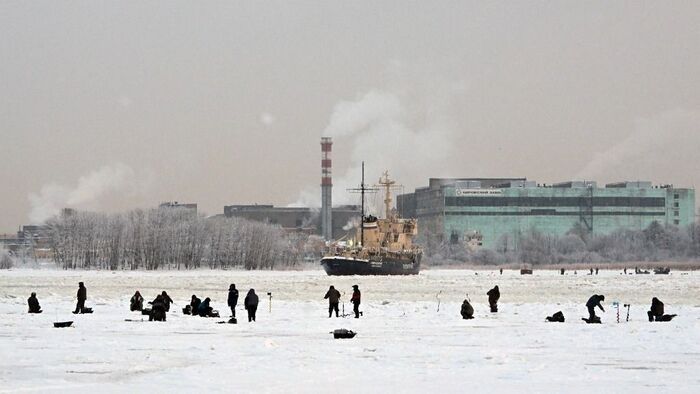






Szóljon hozzá!
Jelenleg csak a hozzászólások egy kis részét látja. Hozzászóláshoz és a további kommentek megtekintéséhez lépjen be, vagy regisztráljon!